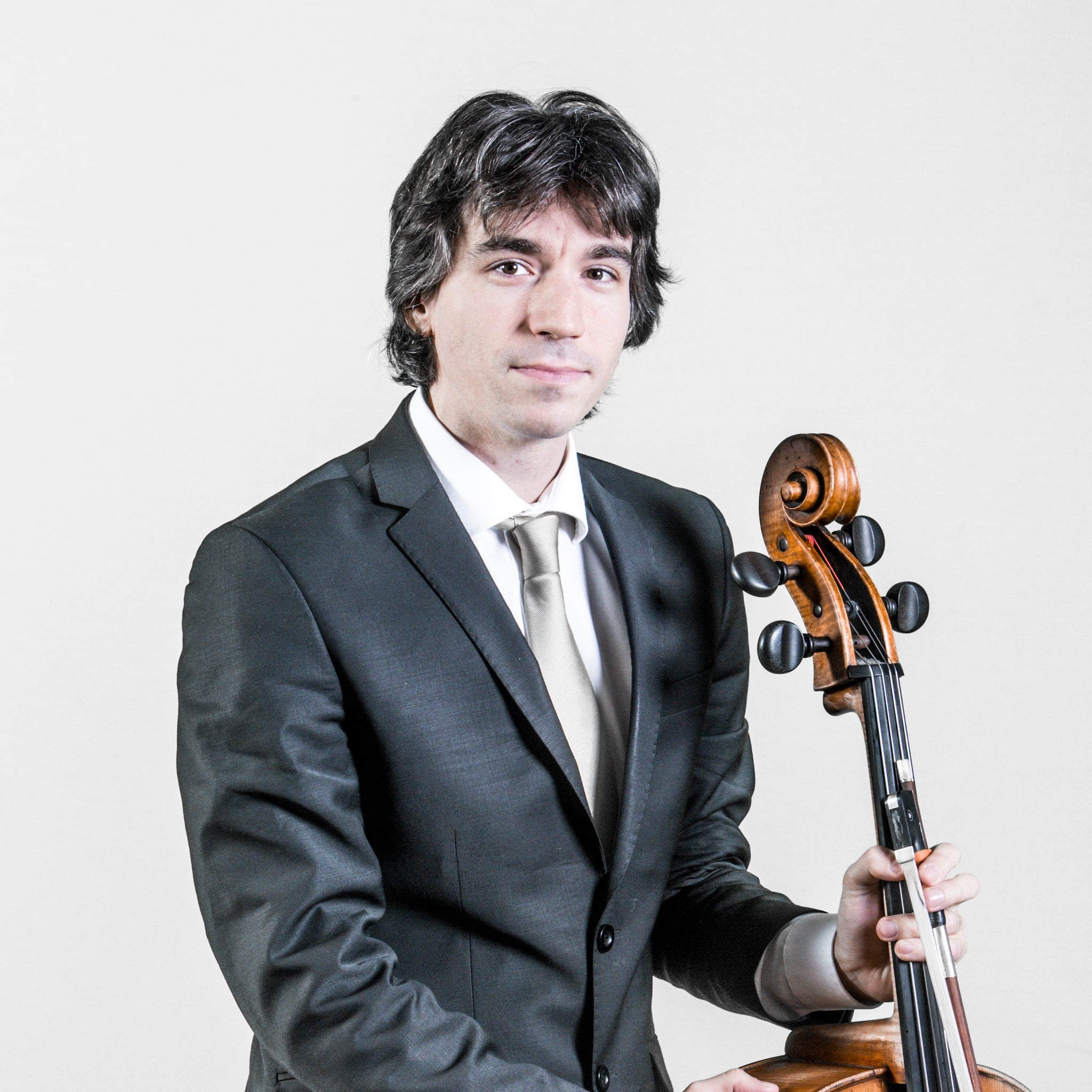Concertgebouw chorus is devastated after pre-Covid Bach Passion
mainOn March 8, five days before lockdown, the Amsterdam Gemengd Koor (mixed choir) gave a performance of Bach’s St John Passion in the great hall of the Concertgebouw. That concert will be remembered for many tragic reasons.
It was announced on Dutch news last night that four people associated with the chorus – one singer and three partners of chorus members – died of Coronavirus after the concert, and 102 more fell sick, some seriously.
The chorus has 130 singers in all.
The conductor Paul Valk was among those who were hospitalised.
The Gemengd Koor, founded in 1928, is an amateur ensemble whose performances take place at the Concertgebouw.
Full report here.






Comments